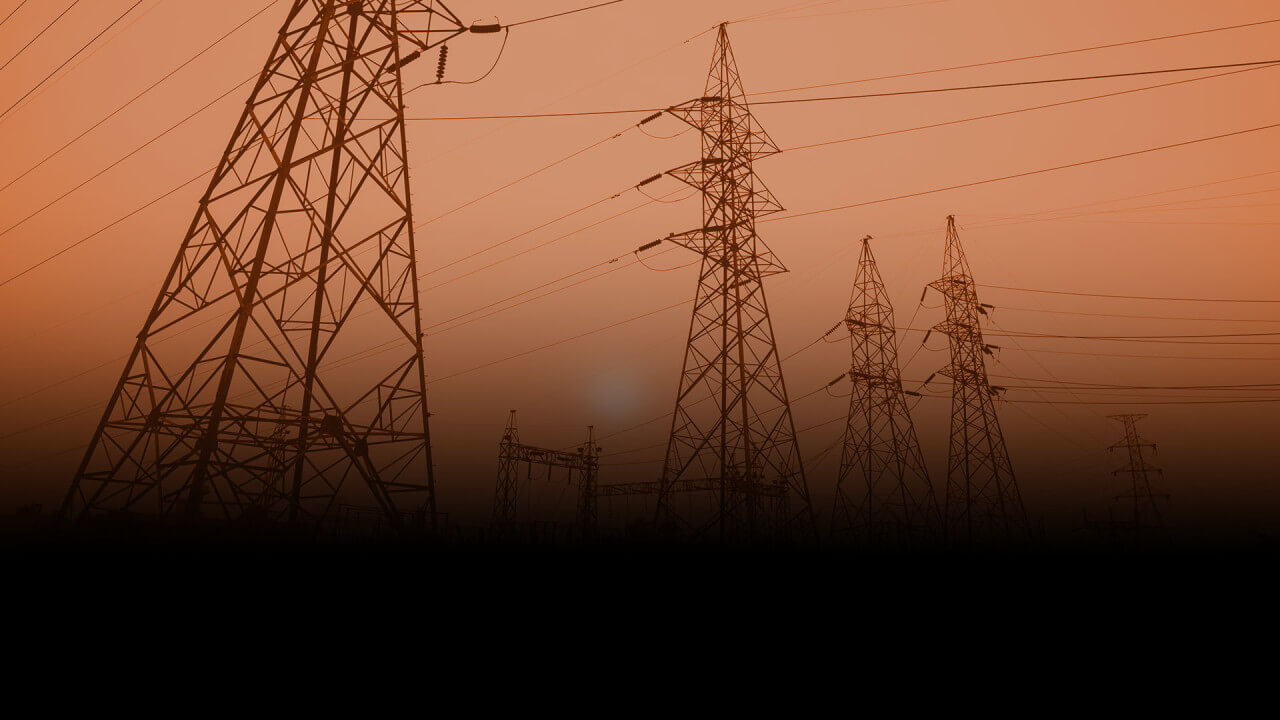

Energy Secretary Raphael Lotilla said the findings, from a recent Social Weather Stations (SWS) survey, reflect growing public awareness of energy issues as a political concern.
“Even if the results are anecdotal, that is good news,” Lotilla said at the Berlin Energy Transition Dialogue. “It means more people are conscious about the issues confronting our energy sector and the need to think long term.”
With the elections just two months away, energy reliability has taken center stage. On March 5, the Luzon grid was placed under yellow alert due to unplanned outages from multiple major power plants, including coal facilities, reducing available capacity by nearly 3,000 megawatts, according to the National Grid Corporation of the Philippines (NGCP).
The Power for People Coalition (P4P), a national network pushing for clean and affordable energy, warned that the recurring summer power crisis could disrupt the 2025 elections if left unaddressed.
“This puts the elections in peril,” said P4P convenor Gerry Arances. “Power and energy should be among the main issues of this electoral cycle.”
Arances cited a 2024 study by the Center for Energy, Ecology, and Development (CEED) showing that coal plants accounted for 51.23 percent of forced outages from 2019 to 2023.
“Every summer, plants fail just when electricity is needed most,” he said. “Voters should ask whether they want leaders who back outdated, high-cost fossil systems - or those pushing for real reform.”
To prepare for the polls, the DOE has activated the Energy Task Force Election 2025, a multi-agency effort to ensure stable power during the campaign and voting period.

Contributor
